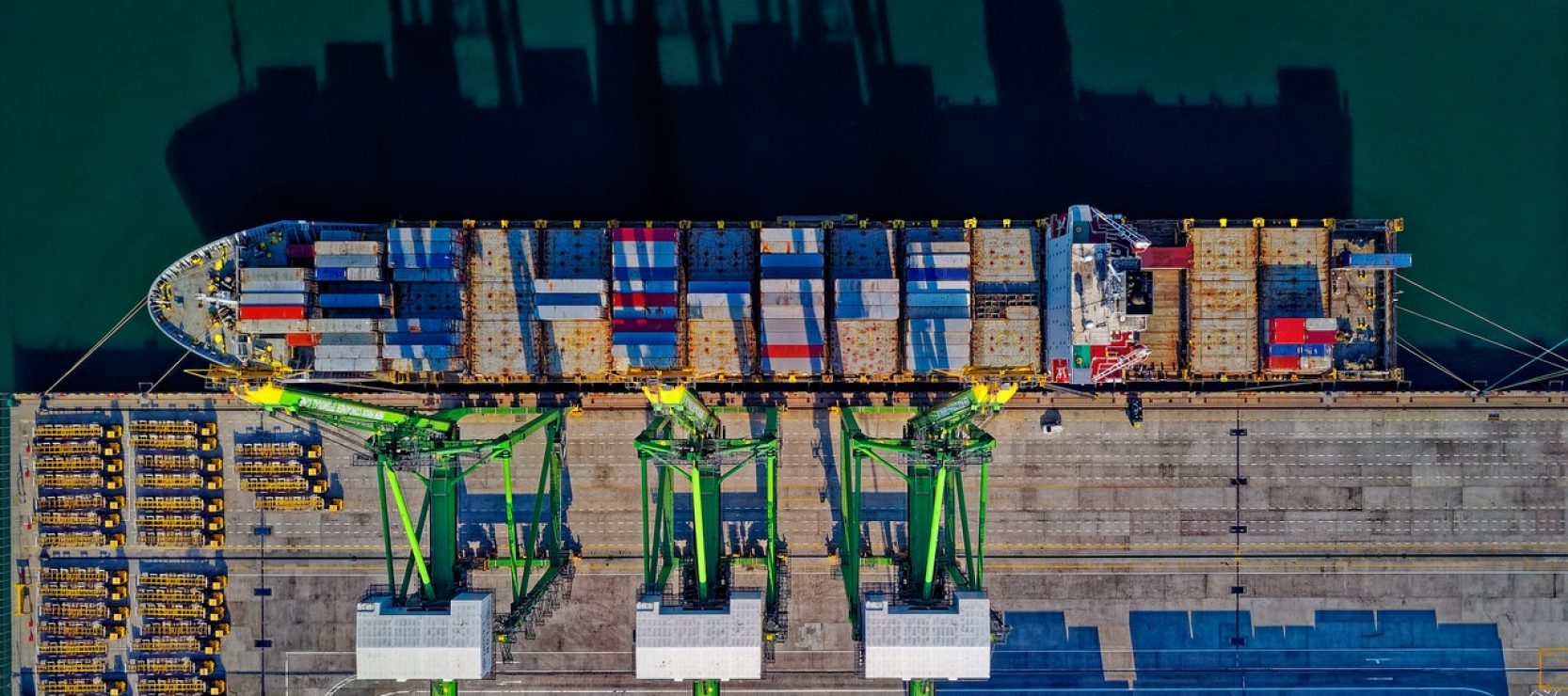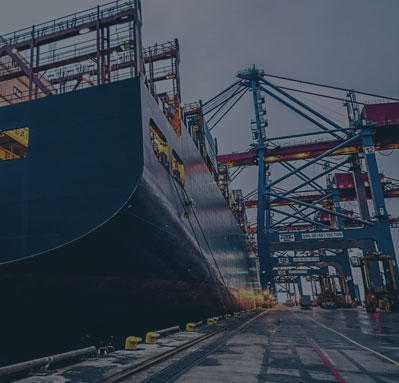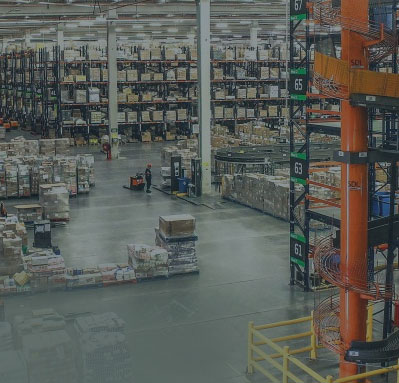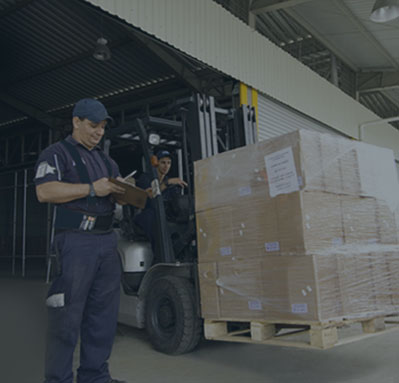The India UAE CEPA (Comprehensive Economic Partnership Agreement) is the first bilateral trade agreement signed by the UAE and the first trade agreement in the MENA region to be signed by India. The India UAE CEPA was signed on 18 February 2022 during the India-UAE Virtual Summit & entered into force officially on 1 May 2022.
CEPA is intended to further cement the already deep, close and strategic relations between the two countries and to create new employment opportunities, raise living standards, and improve the general welfare of people in both the countries.
Objectives of CEPA
- Providing certainty and market access for UAE services businesses looking to expand to India and export services abroad by setting clear and transparent rules to trade.
- Reduced barriers to trade in goods through simpler customs procedures, lower or zero tariffs, and modern rules to trade.
- Shaping the rules for digital trade to ensure online consumer protection, allow for the free flow of data, and enable the use of digital technologies in business while still protecting intellectual property rights.
- Promoting collaboration on shared global challenges through stronger economic ties on global issue areas such as new technology development, environmental policies and practices, and agriculture, forestry and fisheries.
- Enabling SMEs to export goods and services to India. SMEs are fundamental to our modern, knowledge-based economy. CEPA will provide a platform for SMEs to expand and grow into new exciting markets, with enhanced access to new customers, networks, avenues of collaboration and mechanisms to scale at speed.
Salient Features of India UAE CEPA Agreement
CEPA is a comprehensive agreement, which will cover:
- Trade-in Goods.
- Rules of Origin.
- Trade-in Services.
- Technical Barriers to Trade (TBT).
- Sanitary and Phytosanitary (SPS) measures.
- Dispute Settlement.
- Movement of Natural Persons.
- Telecom.
- Customs Procedures.
- Pharmaceutical products.
- Government Procurement.
- Intellectual Property Rights (IPR), Investment, Digital Trade and Cooperation in other Areas.
Key positive impacts of CEPA on trade and industry
The India UAE CEPA delivers benefits in multiple areas including trading of goods, rules of origin, trading of services, customs procedures, trade facilitation, trade remedies, digital trade, economic cooperation, government procurement, intellectual property rights (IPR), investment and trade.
Key benefits for trading organizations in UAE and India include:
1.Eliminating or reducing custom tariffs for trade in goods:
Both India and UAE benefit from greater market access through preferential tariff rates. This is largely due to the reduction or elimination of customs duties on goods being imported. Based on the nature or classification of goods, different customs duties reductions will come into effect immediately or over the coming 10 years.
Goods shipped from UAE to India in accordance with the Rules of Origin (RoO) will be granted either Tariff Elimination Immediate (TEI), Tariff Reduction (TR), or a Tariff Elimination Phased (TEP) status. Examples are included below:
- TEI – customs duty to be made 0% in the first year:
- Petroleum oils and oils obtained from bituminous minerals crude
- liquified propane and unsorted diamonds.
- TR – customs duty to be reduced:
- Other unwrought forms of non-monetary gold – duty rate reduction by 1% over 5 years
- Fresh bananas – duty rate reduction to 15% over 10 years; and low
- Low-density polyethylene – duty rate reduction by 50% over 10 years.
- TEP – customs duty to reach 0% in 5, 7 or 10 years:
- Copper weld wire
- Base metals or silver, clad with gold
- Plates and sheets of iron or non-alloy steel
Similarly, Goods shipped from India to UAE will be granted either day-one access to a 0% tariff rate, access at year 5/7 or 10, or a Tariff Reduction (TR), based on the nature of goods.
- Day 1 access to a 0% tariff rate
- Jewellery and parts of precious metals such as platinum
- Petroleum oils and oils obtained from bituminous minerals, crude
- Transmission apparatus incorporating reception apparatus
- Year 5 access to a 0% tariff rate
- Vegetables, fruit, nuts, fruit peel and other parts of plants, preserved by sugar
- Non-wired glass
- Collapsible, tubular containers
- Year 7 / 10 access to a 0% tariff rate
- Flat-rolled products of iron or non-alloy steel in coils
- Gears and gearing, other than toothed wheels, chain sprockets and other transmission elements
- TR – customs duty to be reduced:
- Bars and rolls of iron or non-iron steel, of circular cross-section measuring less than 14 mm in diameter
- Bars and rods of high-speed steel, hot-rolled, in irregularly wound coils
- Bars and rods of silico-manganese steel
2. Simplifying customs procedures and facilitating easier trade
The CEPA facilitates cross-border trade of goods and ensures efficient customs clearance. This, in alignment with WTO’s Agreement on Trade Facilitation (TFA), includes issuing customs rulings before import, cross-border clearance for economic operators, reducing redundant regulatory and administrative procedures and adopting international customs management best practices.
This CEPA also eliminates the need to issue a standard or traditional certificate of origin, by adopting the invoice or other approved declaration of origin for approved exporters. For authorised exporters, UAE and India customs authorities recognise the invoice and other approved declarations of origin.
3. Easing trade in services among the regions
Trading organizations in both India and UAE will be able to offer their specialised services in the other’s territories and will be enabled to trade in an open and non-discriminatory environment. The agreement has led to the removal of any measures that would limit the provision of these services, while also recognizing the professional certifications or licences obtained in their origin territory, e.g. Medical, nursing, architectural, engineering, accounting, etc.
Large and Enterprise service sectors like business services, telecommunication services, construction and related services and educational services will also be allowed easy access to local markets in UAE and India. There are other positive impacts in specific industry sectors, including Digital or e-Commerce trade, Pharmaceutical, Electronic Goods, Processed foods etc.
A great opportunity awaits
The direct benefits of CEPA has the potential to boost bilateral trade by USD 100 billion over the next five years. The India UAE CEPA will benefit consumers, producers and companies alike by opening new markets for business, bringing better jobs and higher wages for people, and lowering prices when consumers need it most. The UAE is committed to creating new economic opportunities for the future and ensuring CEPA with India works for everyone.







